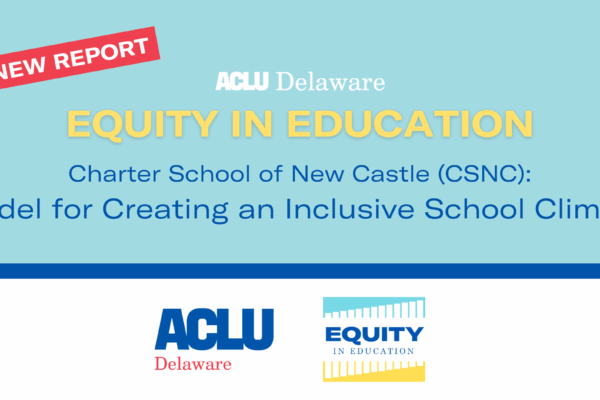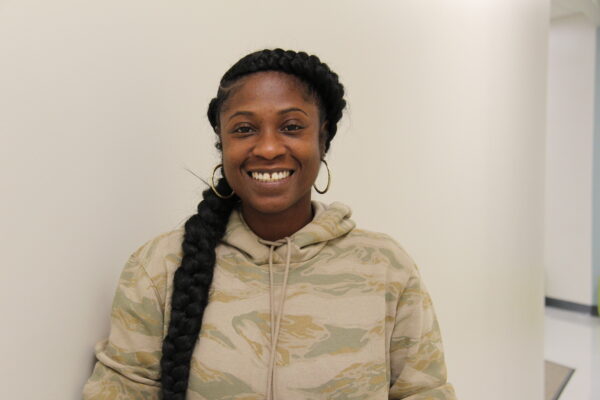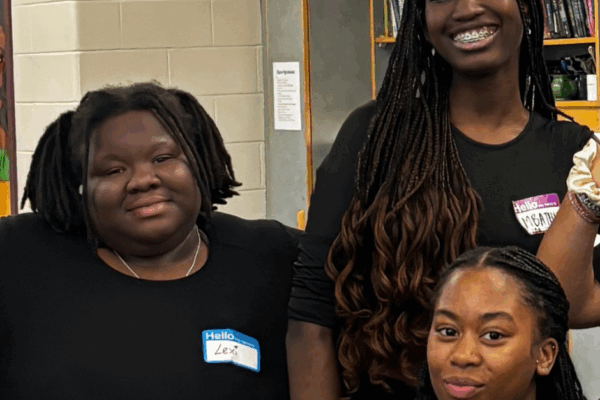Education Equity Ambassador Program
UPDATE 5/31/25
The Education Equity Ambassador (EEA) Program is now housed under the Route 9 Community Development Corporation.
For more information, contact Shannon Griffin at [email protected].
Are you concerned with violations of students’ rights, underfunding, systemic racism, and harsh disciplinary practices in Delaware public schools? Are you interested in becoming a trained advocate for a safe, equitable, and proficient education for all Delaware students? Become an Education Equity Ambassador!
The Education Equity Ambassador program recruits, trains, and empowers Delaware parents and guardians to advocate for our schools and children and enable them with the skills to make changes for the better.
Education Equity Ambassadors (EEAs) complete paid training over the course of six sessions to better understand and navigate avenues for change, and to grow the skills necessary to become community advocates on education equity issues such as budget equity, restorative justice, inclusion, and health and safety and more.
EEAs continue their work by advocating for legislation, policies, and initiatives to create stronger public school systems statewide.
To be eligible for the Education Equity Ambassador program you must be a parent or guardian of a student one of the following schools:
- Harlen Elementary
- Joseph E. Johnson Elementary
- Pulaski Early Education Center
- Shortlidge Academy
- Stubbs Early Education Center
- The Bayard School
- Maurice Pritchett Academy
- Warner Elementary
- William C. Lewis Dual Language School
For more information about the Education Equity Ambassador program, contact Shannon Griffin at [email protected].
Testimonials
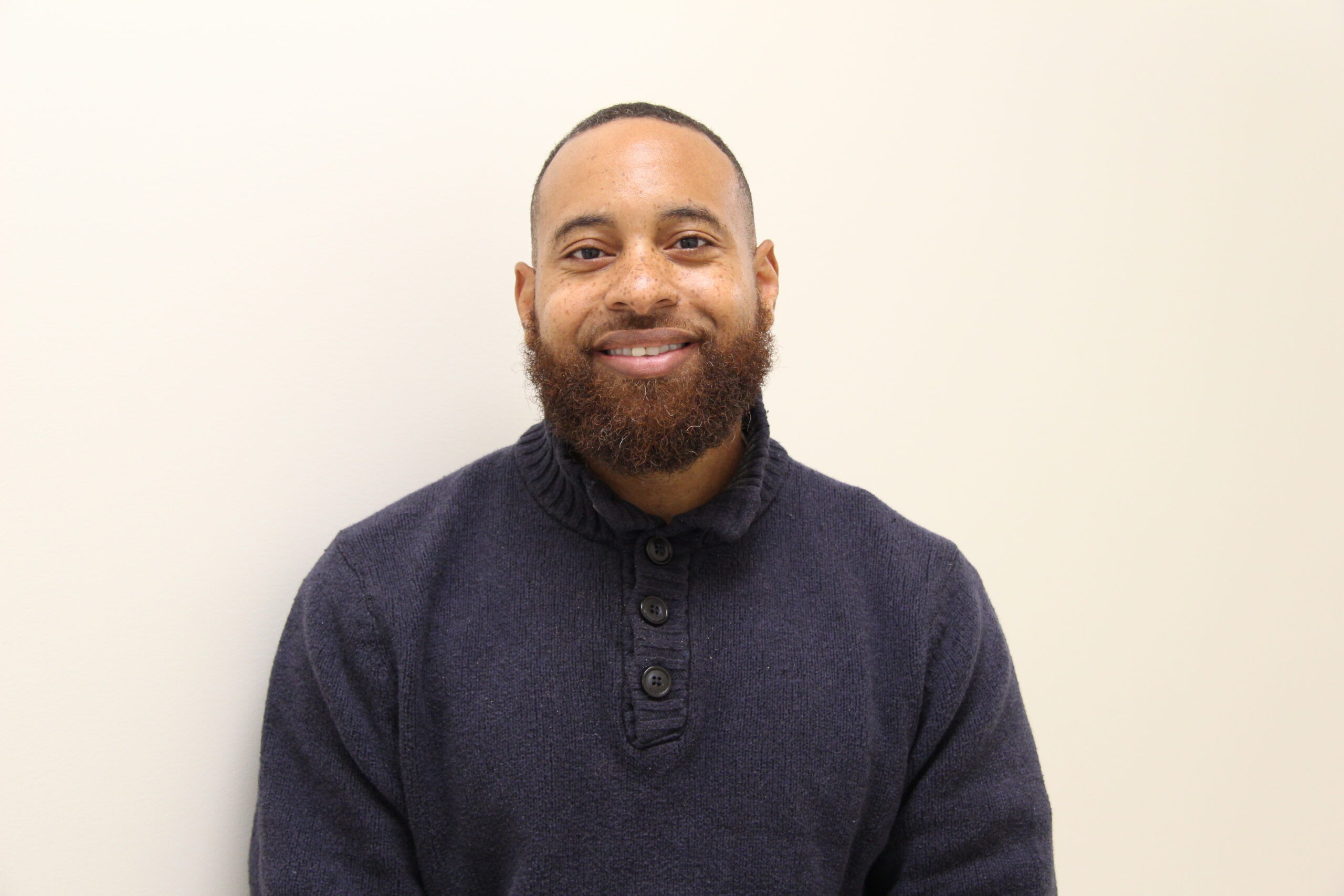
"The EEA program helped me build the skills to lead others in advocating for their children's educational needs. Shannon’s expertise equipped me with the tools and knowledge of educational equity challenges to be a more effective changemaker in my community." - Kenyon Wilson, Fall 2023 Cohort
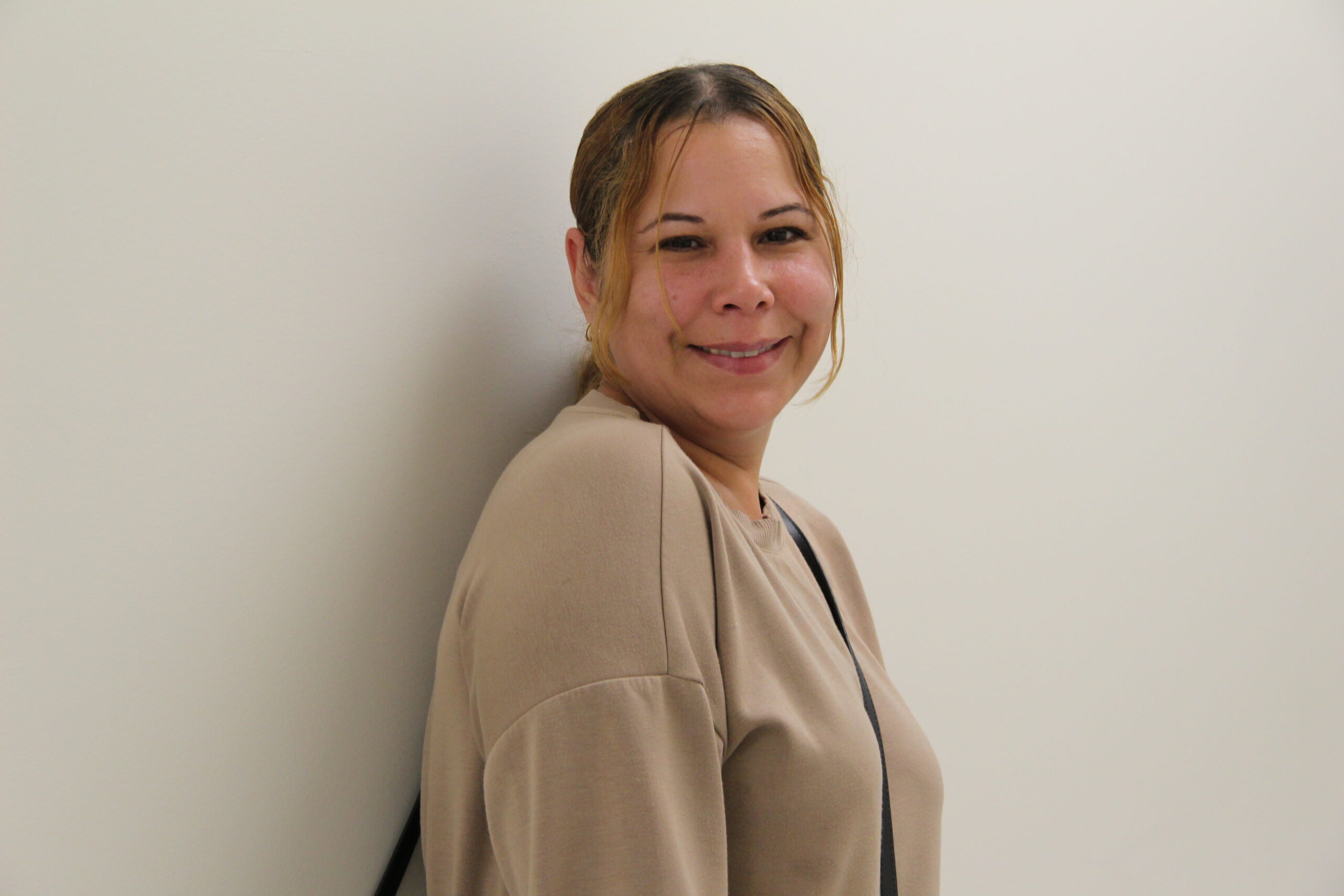
"Since joining the EEA program I have become more knowledgeable and empowered to fight for my children via channels that I didn't know existed within Delaware schools. Thank you so much for leading me down this path. I am excited to share what I've learned with others!" - Madeline Rosario, Fall 2023 Cohort
Gallery
Related Content
